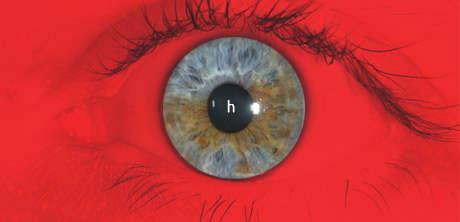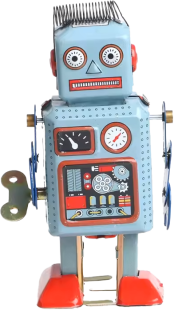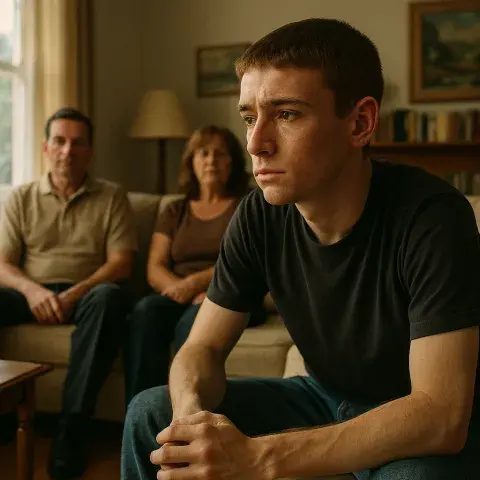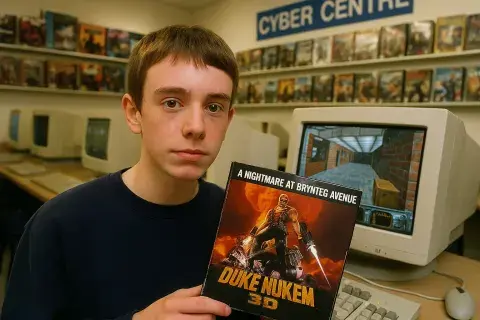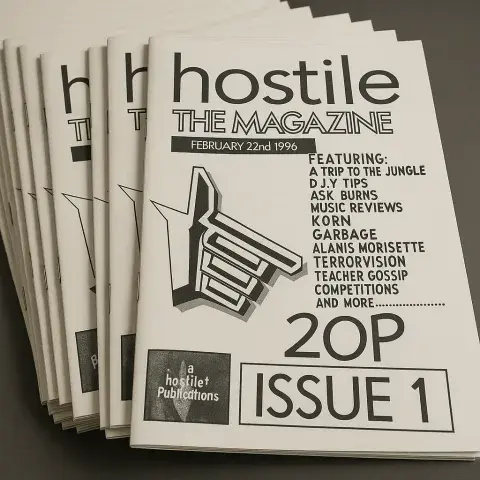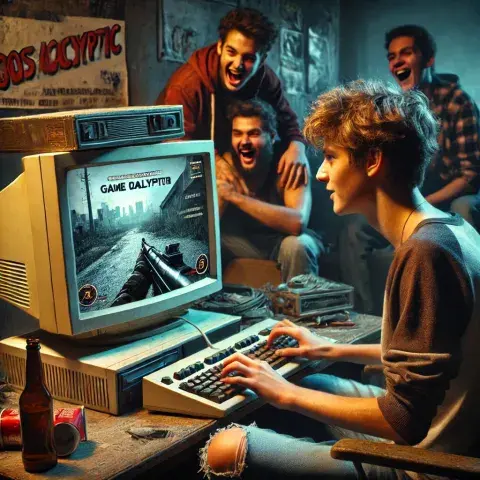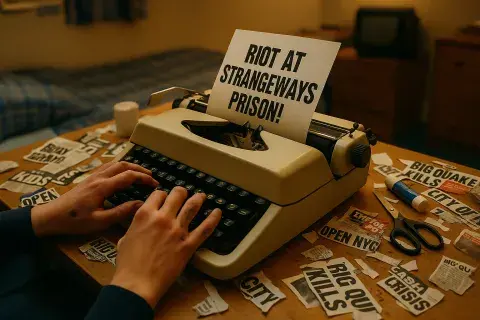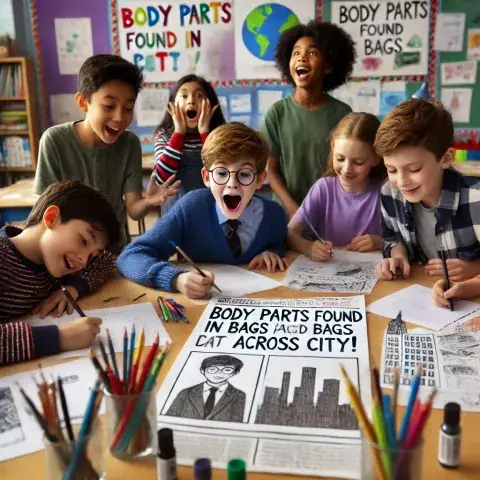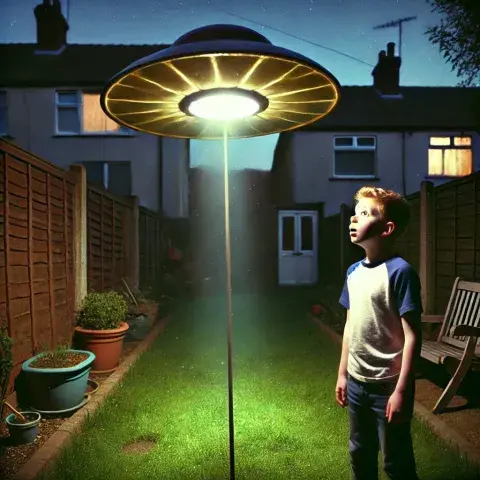Chapter 71 - Monk's Models
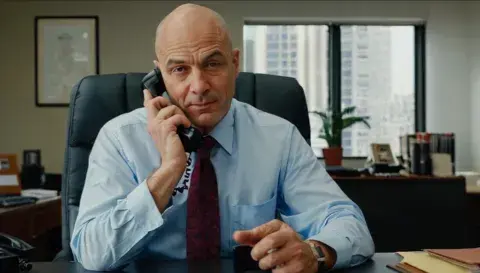
Working at LA Direct Models felt like living inside a satire—and one day, I decided to write it. It was a workplace like no other, brimming with chaos, absurdity, and a strange sense of camaraderie that felt like it could only exist in such an unconventional environment. Over time, a running joke emerged among my coworkers: the antics we witnessed daily deserved a show of their own. And that’s when the idea struck—what if I wrote a script?
I envisioned something akin to The Office, but set in the adult industry. The humour would come from the absurd yet oddly human moments that unfolded in such a unique workplace. The name Monk's Models came naturally—it was the nickname for the agency that had emerged from those endless inside jokes.
One day, someone tried to book a girl for a shoot without a camera crew, claiming he’d just 'remember the good bits.' That kind of lunacy wasn’t the exception—it was the routine.
Fuelled by this inspiration, I wrote the first script. It was messy at first, but the characters and their quirks practically wrote themselves. I poured my experiences, observations, and a touch of exaggeration into the script, crafting a story that felt authentic, irreverent, and funny.
Then came the real challenge: bringing it to life.
Creating a 30-minute episode was daunting, but it was something I had to prove to myself that I could do. Using every resource I could muster, I brought Monk's Models to the screen. It was an all-hands-on-deck effort—though the hands were mostly just mine.
When the first episode was done, I was nervous but proud. It wasn’t perfect, but it captured the heart of the story I wanted to tell. And the feedback I received was enough to keep me going.
So, I made a second episode.
The second episode was less about proving something to others and more about proving something to myself. Could I recreate the magic? Could I sustain the humour and authenticity without losing steam? The answer was a resounding yes. The second episode felt sharper, more polished—a testament to what I’d learned during the first attempt.
Looking back, Monk's Models became more than just a creative project. It was my way of processing the absurdity and challenges of that time in my life. It was a love letter to the bizarre workplace that inspired it and a reminder that humour can be found in even the strangest of places.
Whether or not Monk's Models ever grows into something bigger, those two episodes represent a significant chapter in my creative journey. They proved I could take madness, mold it, and make it matter. And for now, that’s enough to keep me moving forward.
Here’s a quote from the show:
“GEORGIA: God damn you're naive at times.
CAPRI: Oh, don't be silly... I don't even like that type of music hon.”
“SCOTT: You didn't hear? After that nutjob hassled her the last time her paranoia has
gone to an all new high. It was rumoured she was carrying this utility belt type thing loaded up
with 8 Stun Guns! It turns out this wasn't completely accurate, for they only found 5.”
Turns out, all you need to write a good show is trauma, bad lighting, and five stun guns.
